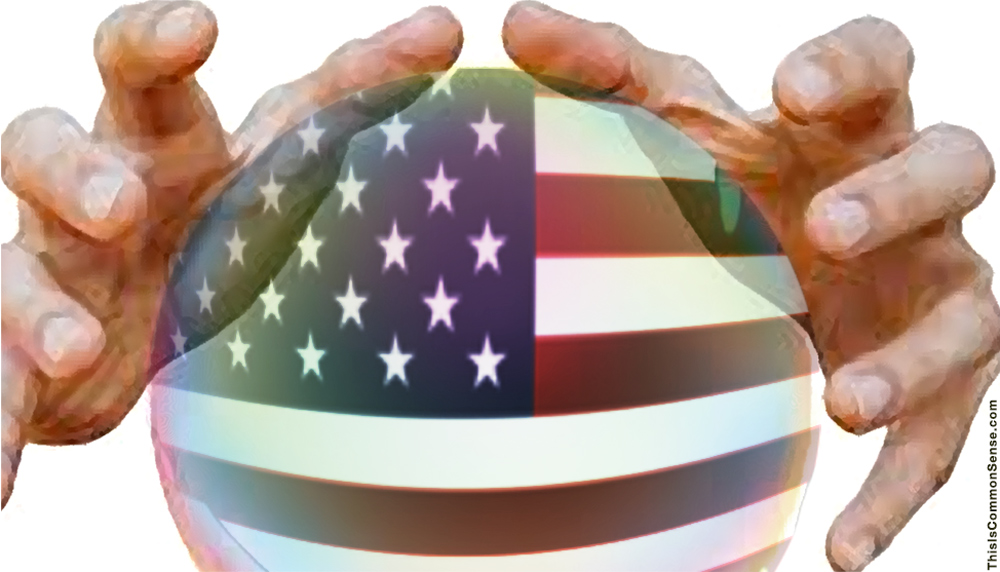Standard theory has it that “mid-term elections” serve as a “referendum on the President.”
In a typical article this weekend, a political scientist trotted out that common wisdom and then went on to say that “control of the referendum has shifted. It is now a referendum on leadership, on character … and that’s not good news for Donald Trump.”
My crystal ball is in the repair shop, but I have my doubts. The “experts” got the 2016 election so wrong in no small part because they were leveraging their expertise to influence the outcome more than understand the contest.
Academics, journalists and other Democrats want today’s votes to serve as a “referendum on leadership” because they yearn for their leaders and not Trump.
In a Wall Street Journal op-ed and a Slate follow-up interview, Yale computer scientist David Gelernter explored the lack of “rapport between the left and what I consider the average American.” He also dismissed as absurd the idea that Donald Trump is racist — a mainstay of the Democratic critique of the president. What Trump is, instead, is “the average American in exaggerated form — blunt, simple, willing to fight, mistrustful of intellectuals” but completely without “constraints to cramp his style except the ones he himself invents.”
The Democrats, meanwhile, “have no issues” — except their hatred of Trump, argues Gelernter.
Thankfully, the mid-terms often serve as a check on the power of sitting presidents. But if “average Americans” hear the reasons to vote for the opposition party as all about how racist and xenophobic Trump is, it may work no better than in the last election.
Prophecy’s a tricky business.
This is Common Sense. I’m Paul Jacob.


3 replies on “When Experts Are Wrong”
Worthwhile insights, Paul. Thank you.
Amen!!
For most of our history we had strong political parties. The party bigwigs chose their presidential nominees and generally the election results gave the same party control of Congress and the WH. A loss of control, in one or both chambers, in a midterm presaged a new president in the next election. However, it didn’t happen in 1996 or in 1954 or in 1948.
How many people who voted for Trump, and would vote for him again, also voted for Dem representative and senators? My guess is more than we realize. How many people who voted for Hillary Clinton in 2016 also voted for their GOP representative or senator? Again, probably more than we realize.